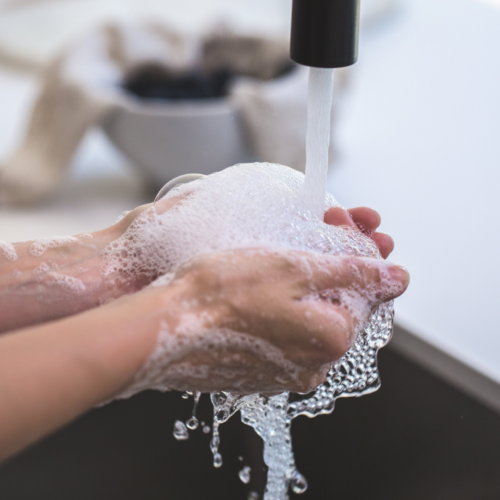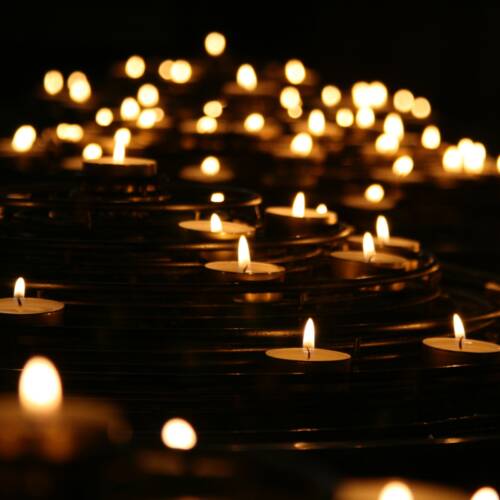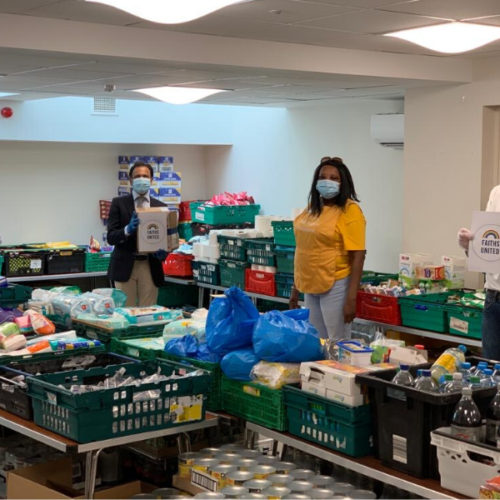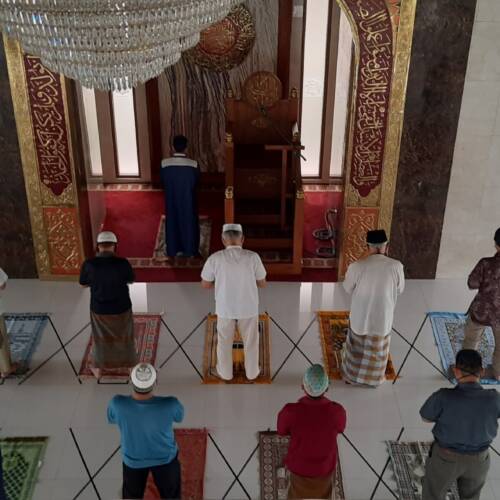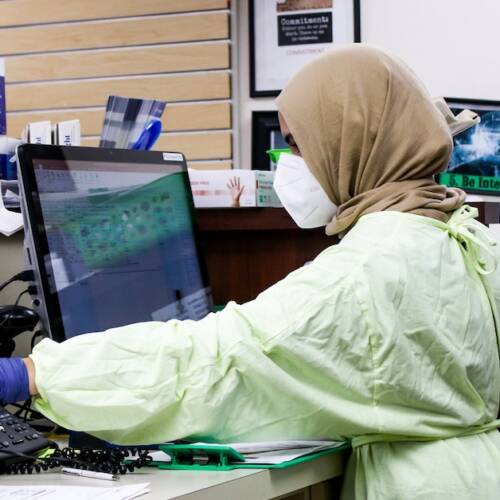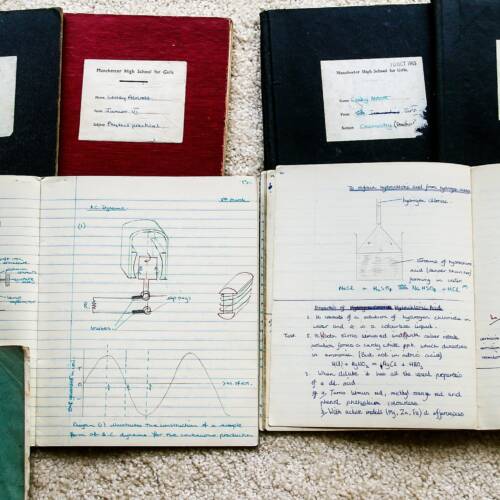
Advice to Mosques on Preventing the Spread of Coronavirus
13 Mar 2020Due to the circumstances we find ourselves in, here are some practical suggestions, in conjunction with the suggestions of the Muslim Council of Britain and the British Board of Scholars and Imams, to help stop the spread of Coronavirus.
Those with symptoms should self-isolate
We’d strongly discourage congregants from attending mosque activities if they are experiencing the symptoms of the virus. Even those who are experiencing the mildest of symptoms.This may be a fever, a cough, shortness of breath etc. Congregants who are experiencing these symptoms are excused from calls of the congregational prayer, including Jum’ah.
It is our religious obligation to isolate ourselves if we are infected with the virus in order to prevent its spread and harm to others. Preventing harm, especially to others, takes precedence over benefit. If a congregant experiences the symptoms of the virus, others must keep a distance of at least 2 metres away from the individual and a specific room of isolation must be maintained for the congregant. The NHS must then be called on 111.
Mosques must be thoroughly cleaned
Regular cleaning schedules must be implemented in all mosques. This includes the cleaning of carpets, prayer rolls, the entire general area of the building and wudhu facilities. They should be cleaned appropriately with sanitary solution or other relevant cleaning products. Wudu areas must have enough soap, hand sanitizer and paper towels to ensure visitors comply with hygiene advice.
Congregants should, if possible, bring their own prayer rolls and maintain adequate hygiene. If possible, they should also make wudhu at home. Mosques should also install hand sanitizers accompanied by clear signs and hygiene advice (in multiple languages). It also advised that congregants avoid shaking hands with one another or other physical greetings e.g. hugging. If wudhu must be done in the mosque, remove towels and instead provide disposable paper towels.
Some may be concerned that the alcohol in hand sanitizers is considered religiously impure by some scholars. A solution to this issue would be a simple wash of water after using the sanitizer, which takes place after wudhu anyway, in order to remove the najasa (uncleanliness).
Possible suspension of Jumu’ah prayer
Mosques should be prepared to announce the suspension of Jum’ah and daily fardh salah in congregation should there be a worsening of conditions. As Friday Jum’ah prayers involve large gatherings of people, it is highly likely that their temporary suspension will come in the next few days.
Guidance for funerals and burials need to be investigated additionally, as well as taking the correct measures for Ramadan which is approaching soon.








